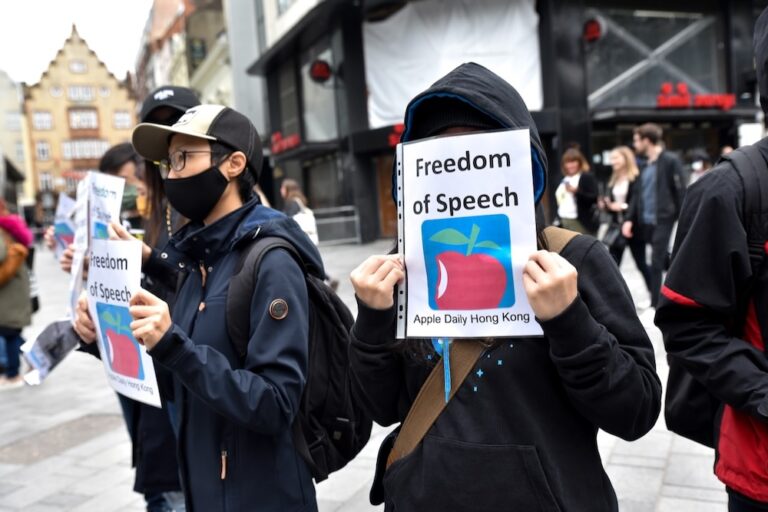A number of worrying incidents point to a long year ahead for those who would protect and promote press freedom.
(SEAPA/IFEX) – 25 January 2010 – The massacre of 31 journalists in Maguindanao, the Philippines, on 23 November 2009, most graphically illustrates the violence and impunity that threaten journalists not only in the Philippines, but throughout the region.
As in previous years, journalist killings in 2009 are only one of several kinds of attacks that illustrate the vulnerability of press freedom in Southeast Asia. Throughout the region last year, journalists and media workers suffered from physical threats (as in Indonesia and Thailand), social ostracism and demonization (as in Burma and Vietnam), imprisonment, detention, and legal harassment (everywhere from East Timor to Malaysia and Singapore). Indeed, not only journalists and writers, but even their defenders (lawyers and human rights advocates) are being arrested and harassed, from Vietnam, Burma, and Cambodia to Singapore and the Philippines.
This year, in the first three weeks of January alone, we have already been given a sampling of the battles that must be waged to defend the press and journalists of the region. The conviction (after a one-day trial) of lawyer Le Cong Dinh in Vietnam on 20 January 2010, and the start of the hearings on the Ampatuan Massacre, signal a long year ahead for those who would protect and promote press freedom in Southeast Asia.
Anticipated elections for Burma, violent contentions over the use of the word “Allah” in Malaysia, the vulnerability of writers, lawyers, and even legislators in Cambodia: all these are flash points that are transposed from the problems seen in 2009, and for which we must brace ourselves in 2010.
In 2009, the vulnerability of press freedom remained manifest in the very laws that govern and impact on journalists and the media. National security laws, anti-terror and internal security acts, official secrets acts and the like hang above the heads of journalists from Malaysia, Singapore, Vietnam, Laos and Burma. Defamation remains a criminal offense throughout the region. Insult laws (including lese majeste) are wielded against a broad set of commentaries, rationalized as needed to preserve stability and/or protect culture and religious sensitivities, to the detriment of legitimate discussions on matters of public interest in Thailand, Malaysia, Indonesia and Singapore.
And all such laws are now being transposed (if not strengthened) to be applicable over online and/or mobile news and commentary, in a region-wide (if not worldwide) concern among governments to stem an overwhelming flow of information facilitated by new media. Journalism and independent media are stifled in every medium, from the traditional print and broadcasting platforms, to the fringe and new media represented by community and online news providers. As journalism, media and access to information are revolutionized in the digital century, so too are government efforts to control information redoubled.


